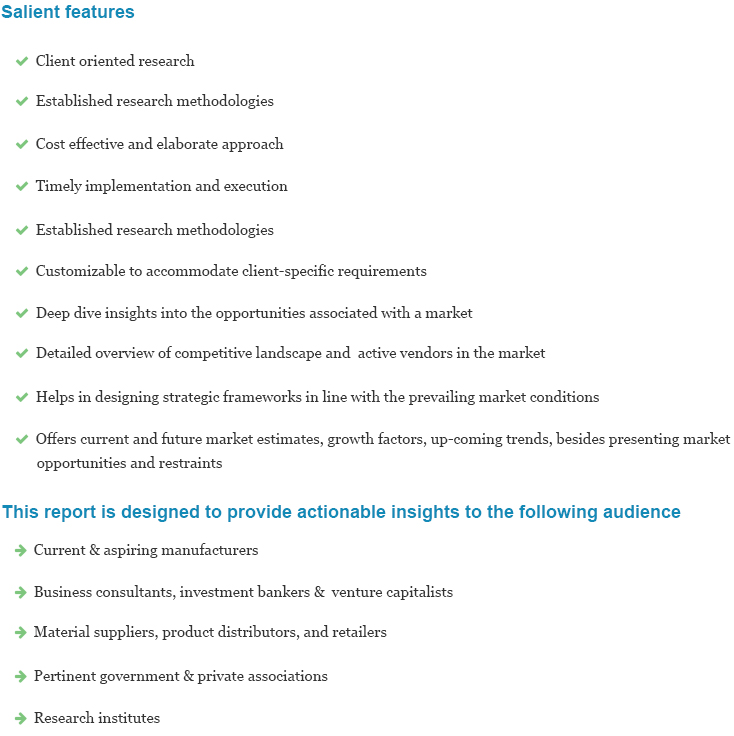
Quantum Computing Market Analysis, Market Size, Application Analysis, Regional Outlook, Competitive Strategies And Forecasts, 2015 To 2025
- Published: January, 2019
- Format: Electronic (PDF)
- Number of pages: 70
- Industry: Technology
The global quantum computing market is likely to witness robust growth in the coming years owing to rising incidence of cybercrimes across the world. Growing investments by the government in technological advancements can drive the market in the years to come. In addition, increasing adoption in machine learning, cloud and molecular structure research, smart manufacturing and logistics, and smart retail are expected to positively influence market growth. Increasing applications in sectors such as, defense, chemicals, healthcare, and banking and finance, are likely to support market growth in coming years.
Development of fault-tolerance systems and increasing efforts to transform quantum computing into realistic program is likely to boost market growth in the coming years. This computing method is anticipated to gain traction in key technologies and applications, such as big data analytics, artificial intelligence (AI), internet of things (IoT), edge computing, and smart city projects. Advancements in quantum computer design is likely to create several opportunities for the market. This advanced computer works on the laws of quantum physics, which enables it to operate in multiple states and complete task using all possible permutations. For instance, IonQ announced the development of two state-of-the-art quantum computers that store information on individual atoms. They are designed to calculate complex calculations with accurate results.
The concept is utilized in cryptography and enable quantum-encrypted communications. Since the technology is being extensively used in the encryption of information. The introduction of quantum cryptography to transmit important information along with high level of security is likely to boost market growth in the years to come.
Lack of required knowledge and expertise related to this computing technique can restrict market growth to an extent. However, increasing efforts by government and private companies for the development of the technology can create growth opportunities for the market in the coming years.
This computing method is used in several applications, such as sampling, simulation, and optimization. Simulation holds a prominent share in the market owing to its extensive usage in several industries, such as automotive, healthcare, defense, banking and finance, and entertainment. In terms of verticals, the energy and power industry is likely to show strong growth in the years to come. This growth can be ascribed to presence of opportunities in the nuclear and renewable sector. Additionally, applications, such as reservoir optimization, seismic survey optimization, and energy exploration, are likely to boost the growth of the industry.
North America is likely to lead the market on account of increasing adoption of quantum computers by government agencies and aerospace and defense sectors for machine learning. Europe is expected to emerge as one of the prominent regional markets. Asia pacific is projected to expand significantly in the coming years due to increasing use of such computers in BFSI sector. Countries, such as China and Japan, are utilizing these computers to optimize tasks in business activities, which is likely to boost regional growth in the years to come. Increasing applications in sectors, such as healthcare, pharmaceuticals, defense, energy and power, chemicals, and banking and finance across various countries especially, South Korea and Japan can positively stimulate regional growth.
Some of the leading companies operating in the quantum computing market are Lockheed Martin Corporation; Anyon Systems Inc.; D-Wave Systems Inc.; QC Ware, Corp.; and Rigetti Computing.
For instance, IBM unveiled its IBM Q System, an integrated universal approximate quantum computing system, designed for commercial and scientific use.
The system consists of several custom components that work collectively as an advanced cloud-based quantum computing system. The systems hardware is designed to provide predictable and repeatable high-quality qubits. The electronics of the system can control large number of qubits. The systems firmware can manage the system health and allow system upgrades. The system’s classical computation offers secure hybrid execution and cloud access of quantum algorithms. The company is likely to start its first IBM Q Quantum Computation Center for commercial clients in Poughkeepsie, New York in 2019.

Choose License Type
- World's largest premium report database
- Transparent pre & post sale customer engagement model
- Unparalleled flexibility in terms of rendering services
- Safe & secure web experience
- 24*5 Research support service
